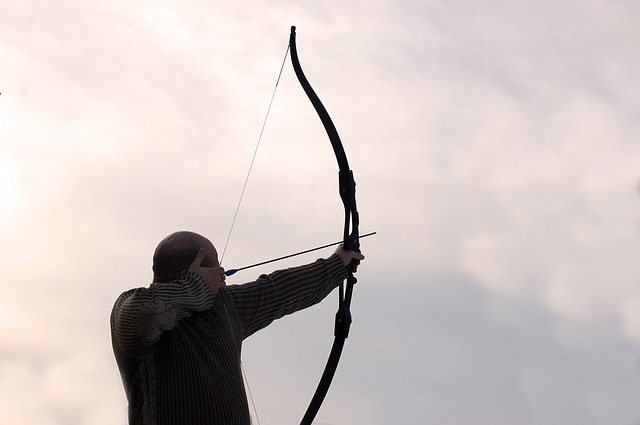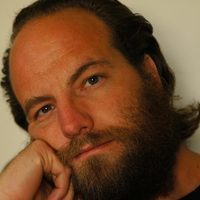Restless and confused, disoriented and fatigued, my body wakes me.
At last, the time has arrived—time to get up and toil.
“What a strange dream,” I think to myself. I felt trapped in this life where I must persist with others and their culture—their way of life.
Over the rise, we see a sord of mallards and we quietly approach the flush.
Oddly, their heads are all buried beneath the soil, feeding, unaware of our presence.
We traipse right up to them, yet they do not fly.
I don’t want to shoot this mallard, whose head is buried in the soil, but my father does, instead of letting it fly first.
So I point my shotgun at it and pull the trigger—except, nothing happens.
I didn’t kill it.
Rejoiced, I gathered this fowl in my hands and set him free.
He flies away from me.
“I’m so happy I let you go.”
My glistening eyes tell him so.
It was more beautiful watching him fly than to watch him die.
Why have I committed the misdeeds that now forsake me?
If I shed my own blood, will you forgive me?
What lessons am I meant to be learning in this life?
To shed blood is to beget bloodshed.
My roots, my origins belong to a family of hunters and gatherers—subsistence-oriented people.
The woodsmanship skills I learned as a child have proven invaluable to me, to this day. I’m thankful my father took me afield every moment he could; it kept me out of trouble I was no doubt fated to act out.
These life skills have adorned my human experience with beautiful memories of the wonderment that nature provides us—her bountiful quarry and cape my clothing and armor.
A day arrived when I realized these four-legged animals were more than just flesh—that they are sentient too, despite the language barrier and our lack of understanding.
I’d learned to step softly upon the earth before the sun rose and sit observing all day until the blanket of night cast me out of her wooded retreat.
It was pleasurable watching deer behaving in their natural states of play, feeding and rest.
As one author noted, they are our brothers.
Mystified by this notion, I set my bow down (five years ago) and have not shot another animal since.
Paradoxically, I still enjoy the hunt and pursuit of predator and prey, and by no means vilify anyone who chooses to live this way.
I am simply learning to adapt my hunt another way—from behind the viewfinder of a camera.
Last November, I filmed a hunt and witnessed the power, the immensity, once again of slaying one’s brethren.
It’s hard to describe how spiritual this moment was to me; for the first time, I looked into the eyes of my fallen brother and recognized him.
This was a primitive hunt using primitive weapons reminiscent of those which Native Americans had adapted to their ways of subsisting.
The gentleman who harvested this magnificent creature, I hold in high esteem and know deep down that he feels this way—or similarly at least.
Silence is reverie—his unspoken words told me so.
His own eyes glistened too, and despite tucking his feeling away for us to bear, in his heart he knows our fallen brother is breathing new life into his family.
Self-sufficiency and providing for others are tasks that often go unwitnessed.
The courage to go and take life, so one can sustain life, is honorable and merits mutual respect for both parties.
Personally, I prefer to look at an animal and contemplate whether it understands me through non-verbal communication. I’ve found peace in learning to appreciate them in ways I’ve not before, and I will never forget what has fallen to my own sword.
Does this make me a soldier of fortune or a murderer?
Will my blood be shed in the next life so that life may continue long after I’m gone?
We are in these bodies momentarily, and now this creature’s spirit moves on, into the next scape of reality. These animals that we contain and harvest for our own well-being are aware and capable of emotion just like the child we all once were.
They are profoundly empathetic and feel our sensations too.
When we treat them cruelly, we harm ourselves and our neighbor—our reciprocal karma awaiting us in the next life.
One profound question will always remain:
Have we asked each blessed creature if we may take its life so that we may sustain our own?
The subconscious is incapable of recognizing or differentiating past, present or future—what’s real or what is imagined.
So I must stress to others: when you consume flesh, please take one moment to praise the animal it once was that gave its life for you.
~
Relephant Read:
Hunting Ethics.
~
Author: Thayne Ulschmid
Editor: Toby Israel
Image: Pixabay
~







Read 0 comments and reply